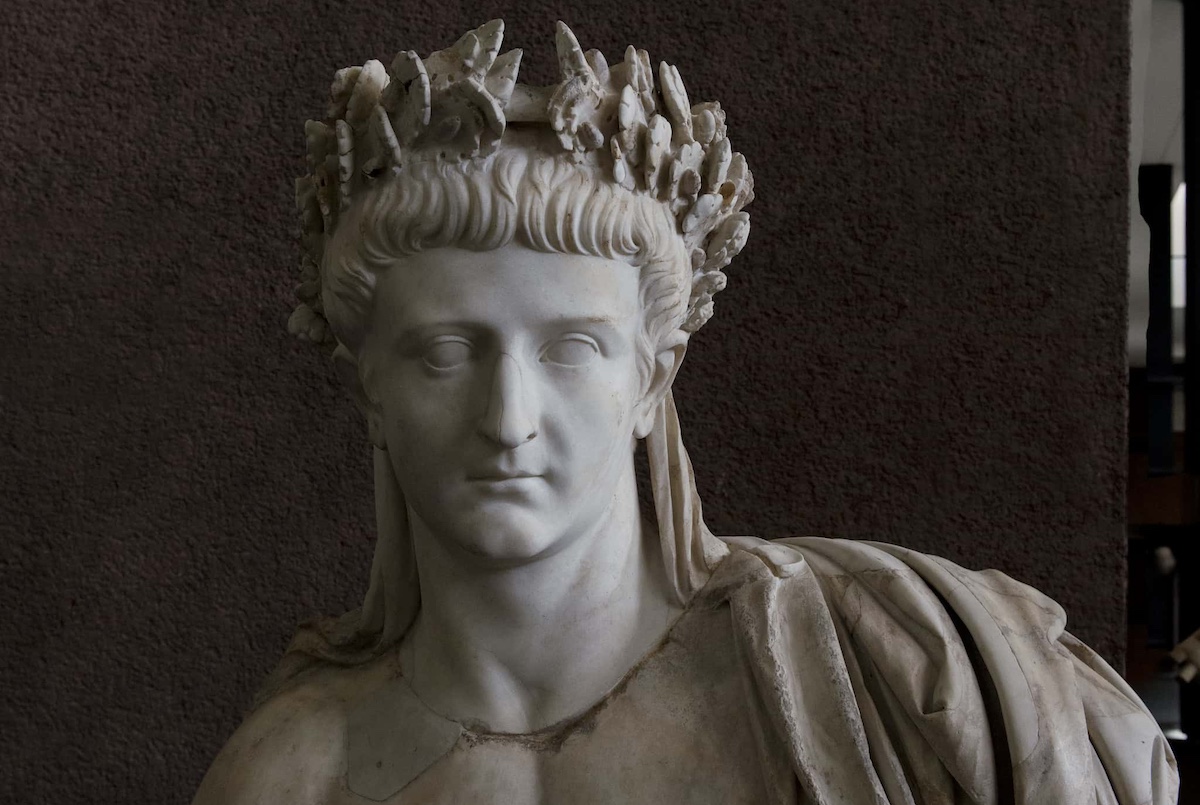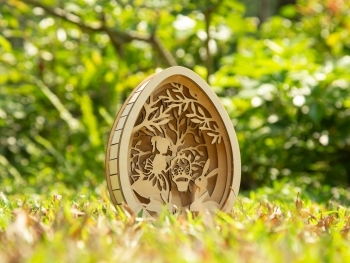Tiberius Claudius Nero - that's the full name of the enigmatic figure who stepped into the shoes of one of Rome's most celebrated emperors, Augustus. To delve into the history of Tiberius is to navigate through a complex web of political intrigue, military conquests, and personal struggles that defined his reign.
Born on November 16, 42 BC, Tiberius was the son of Tiberius Claudius Nero and Livia Drusilla. His early life was marked by tumultuous times as Rome transitioned from a Republic to an Empire. He was raised under the shadow of his stepfather, the influential general and statesman, Augustus. Tiberius' military prowess was evident from a young age, as he fought alongside Augustus in campaigns in Hispania and Parthia.
Despite his successes on the battlefield, Tiberius was not immune to the political machinations of the time. After the death of his brother, Drusus, in 9 BC, Tiberius was pressured into divorcing his beloved wife, Vipsania Agrippina, and marrying Augustus's daughter, Julia. This union, fraught with tension and infidelity, added to the complexities of Tiberius's personal life.
In 14 AD, the world was shaken by the death of Augustus, leaving a void that Tiberius was reluctantly compelled to fill. Thus began his rule as the second Emperor of Rome. Tiberius's reign was characterized by a mix of cautious governance and sporadic acts of brutality. He sought to maintain stability within the empire, but his rule was marred by suspicions of treason and political purges.
Tiberius is perhaps best known for his retreat from Rome to the island of Capri in 26 AD, where he spent the latter years of his reign in relative seclusion. It was during this time that rumors of debauchery and tyranny flourished, perpetuated by sensationalized accounts from historians such as Suetonius and Tacitus.
Despite his controversial legacy, Tiberius was a patron of the arts and culture, commissioning numerous Roman busts that depicted his likeness in various states of regality and contemplation. These busts, with their intricate details and imposing presence, serve as a testament to Tiberius's enduring influence on Roman art and aesthetics.
Interesting facts about Tiberius abound, from his fascination with astrology to his strained relationship with his heir, Gaius (Caligula). He was also known for his frugality and aversion to extravagance, a trait that endeared him to some while alienating others.
Tiberius's legacy is a complex tapestry of contradictions, reflecting the turbulent times in which he lived. He ruled as Emperor of Rome from 14 AD until his death in 37 AD, leaving behind a legacy that continues to fascinate and intrigue historians to this day.




